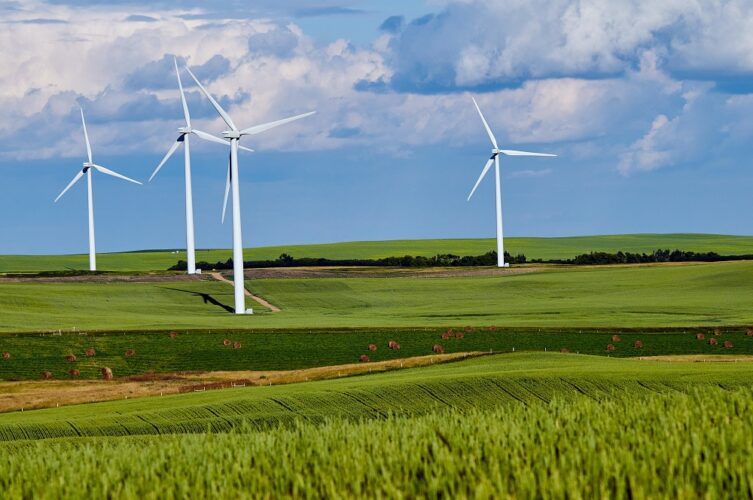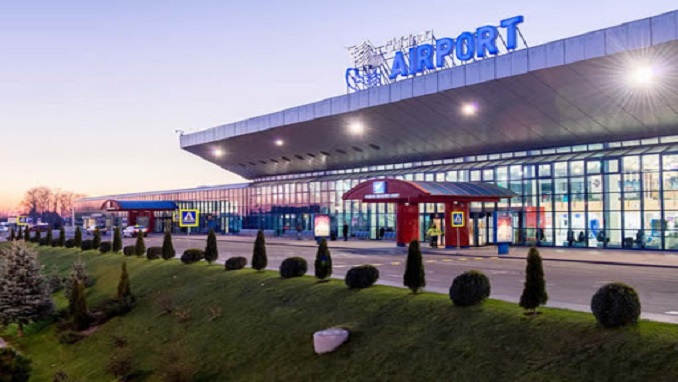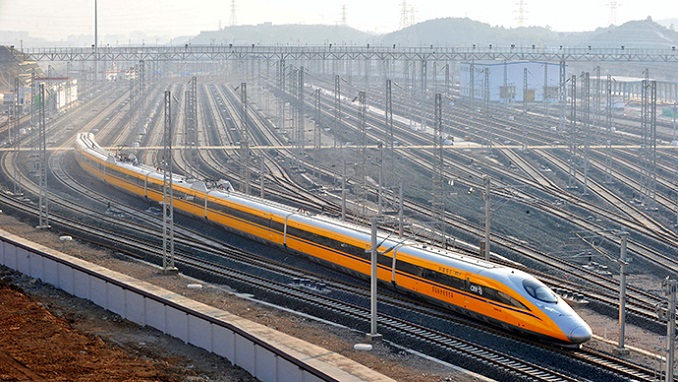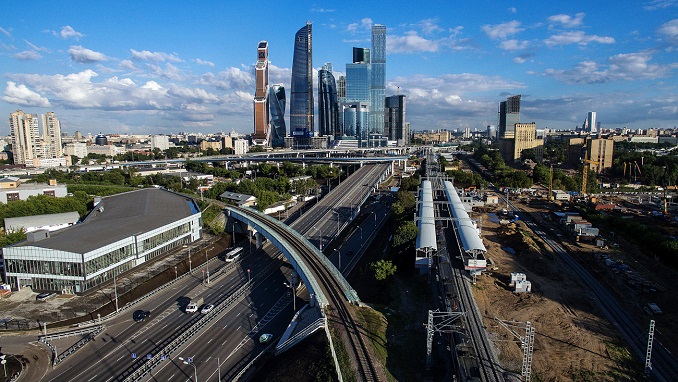Authorities are preparing a new energy strategy, aiming to have it implemented by 2050, as part of the framework of the Republic of Moldova obtaining candidate nation status for the European Union which must fit with the policies and community energy packages, according to Economedia.
Authorities, representatives of international organizations, and specialists in the sector met on Friday to examine the notion.
Moldova already has an authorized energy policy, which includes rules that must be executed by 2030. However, according to Constantin Borosan, State Secretary of the Ministry of Infrastructure and Regional Development, this policy lacks concrete pledges and defined objectives for this period.
“The commitments of the Republic of Moldova in relation to international organizations, in relation to the conventions to which the Republic of Moldova is a party, such as the Paris Agreement of 2016, which provides for the reduction of emissions by 2030, in accordance with nationally determined contributions, which provide for an unconditional commitment to reduce emissions by 70% compared to 1990, are the preconditions underlying the need to develop a new energy strategy,” Borosan said as quoted by Economedia.
According to authorities, the war in Ukraine has significantly increased the risk of energy supply, pricing, and Russia’s politicization of energy resource trade, illustrating once again Moldova’s fragility and significant reliance on imports.
In addition, as a candidate nation for EU admission, the Republic of Moldova must adjust its legislation and methods of assuring energy resource utilization to Community regulations. The EU has only implemented four new energy packages in the previous three years, and Moldova is expected to comply with their rules.
Authorities understand that achieving energy independence in Moldova is unattainable owing to a lack of local energy production sources, but this is viewed as a challenge to raise the percentage of renewable energy in consumption, given the great potential.
In this regard, the policy calls for establishing regional clean energy centers and stimulating commercial energy exchanges at the local level, with the goal of assisting families in transitioning from stoves to efficient boilers or heat pumps paired with self-generation. Domestic generation of energy using trash, leftovers, and biomass biofuels, as well as green hydrogen, will be promoted.
The authorities also recommend reaching climate neutrality or “net zero emissions” as an “ambitious and costly objective,” with the new plan assessing if this is feasible. The statement also calls for the consolidation of the energy sector, integration with neighboring nations’ systems, the rehabilitation and building of energy networks and targets, electrification of transportation, and household energy efficiency.
“The Republic of Moldova will boost energy sector competitiveness through specific market reforms and integration into the EU energy market, while also strengthening energy security through cross-border infrastructure projects, diversification of supply sources, increased electrification and electricity use, and capitalization of internal sources of generation,” it is shown in the draft of the 2050 Energy Strategy.
The experts present at the meetings suggested that the text contain measures on consumer behavior to decrease energy usage and emissions. Another idea refers to the establishment of explicit measures regarding the renunciation of the use of natural gas, and fuels and making the “green transition”.
Marcela Lefter, an energy specialist, stated that the scenario in which the operation of the CETs and the Cuciurgan Power Plant is halted “because, in a clean energy future, they must not exist,” and that “100% renewable is no longer a myth” technically.



